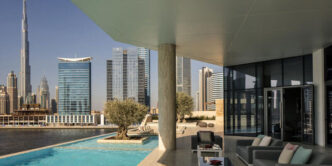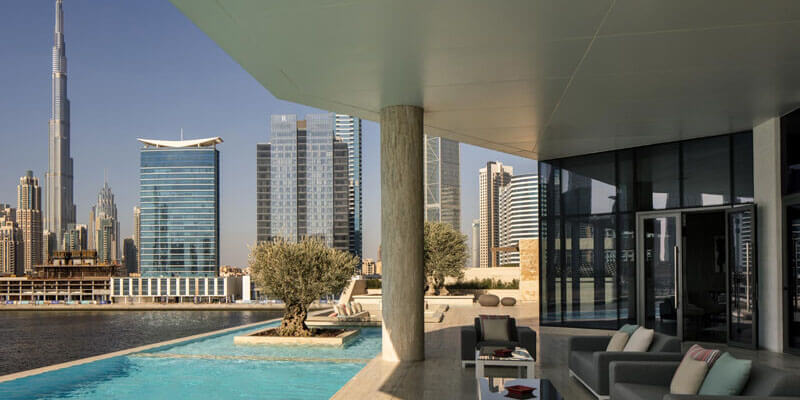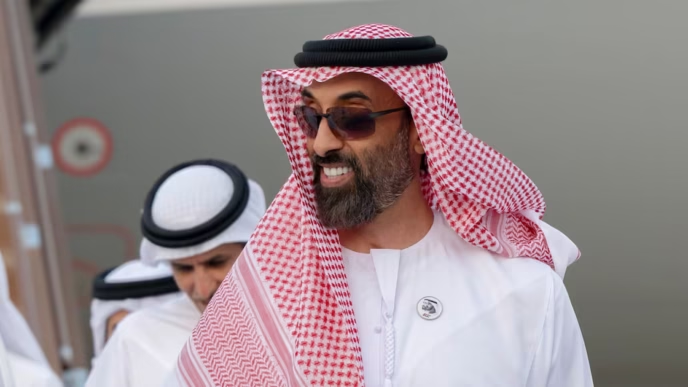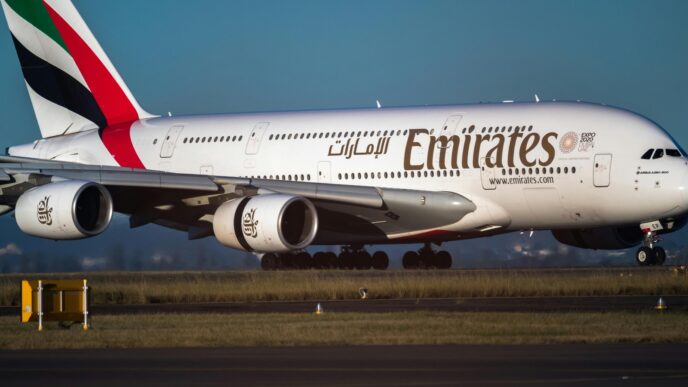A growing number of landlords in Dubai are leveraging cheque payment structures as a means to drive up rental prices, leaving many tenants with tough financial decisions. Tenants renewing their leases are increasingly being offered a discount—provided they agree to pay their full annual rent in a single cheque. Those opting for multiple cheques, whether four or six, are facing rent hikes ranging from 5% to 25% over their previous rates.
For tenants unwilling or unable to make a lump-sum payment, the alternative is often to look for new accommodation, which comes with its own set of challenges in Dubai’s competitive rental market.
Financial Strains for Tenants
Real estate experts are raising concerns about the financial strain this practice places on tenants. “We’ve observed an increase in tenants resorting to short-term loans or credit cards to cover rent payments, which could ultimately cost them more than the rental hikes themselves,” said Simon Townsend, CEO of Avison Young UAE.
Impact of Dubai’s Digital Rental Index
Since the introduction of Dubai’s digital Rental Index earlier this year, landlords have felt emboldened to use cheque-based incentives as a negotiation tool. This trend is particularly evident in newer, high-end buildings with superior construction and maintenance ratings.
“Landlords see this year’s lease renewals as crucial to maximizing their rental returns,” explained a real estate professional managing properties in Dubai Marina and Downtown Dubai. “With the new Rental Index, the market is still finding its footing, and even a few units renting at a premium in a multi-owner building can push prices up across the board.”
Dubai landlords are also using the star rating system introduced for buildings as leverage to justify rent increases, further squeezing tenants in prime locations.
The Challenge of One-Cheque Payments
For many tenants, agreeing to a one-cheque payment is not a viable option. Paying a lump sum upfront disrupts financial planning, forcing tenants to reconsider their housing options. Even those searching for new apartments aren’t necessarily faring better, as rental prices in budget-friendly areas have largely stabilized rather than decreased, following four consecutive years of steep increases.
“My two-bedroom apartment currently costs me AED 74,000 a year, and my landlord is now asking AED 95,000 to renew,” shared a tenant currently negotiating their lease. “I can’t afford to pay AED 90,000 in a single cheque, but that’s the so-called incentive being offered.”
Multiple Payments Come at a Premium
According to Townsend, the flexibility of paying rent in multiple installments—whether through cheques or direct debits—has always come at an additional cost. “Even in a declining rental market, landlords typically charge a premium for multiple payments. For many tenants, especially those who have recently relocated, this premium is a necessary trade-off to manage monthly expenses.”
The situation is further complicated by the fact that many companies have phased out housing allowances, forcing tenants to navigate rental costs without corporate assistance.
As Dubai’s rental market continues to evolve, tenants will need to weigh their options carefully, balancing immediate affordability against long-term financial stability.














